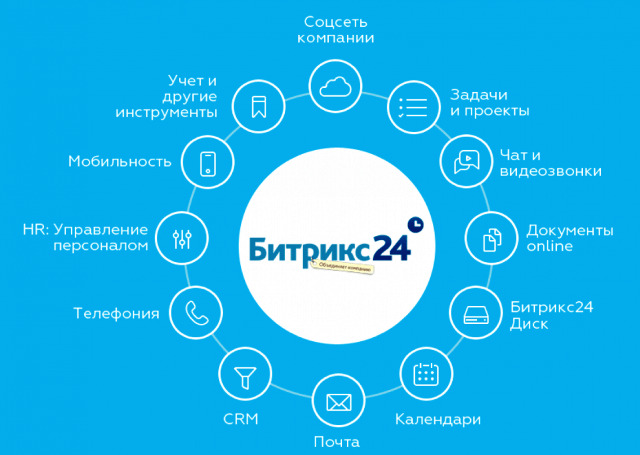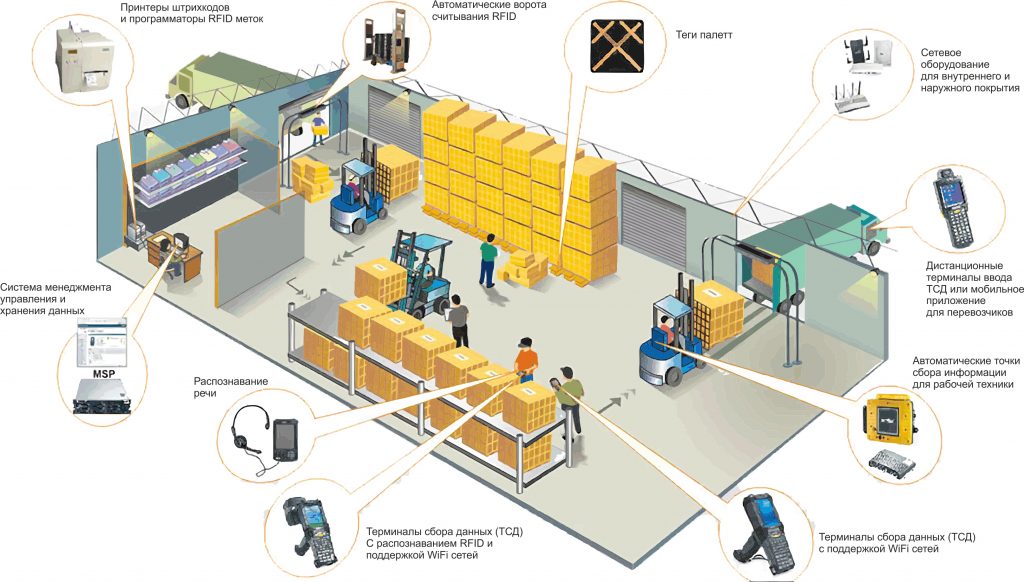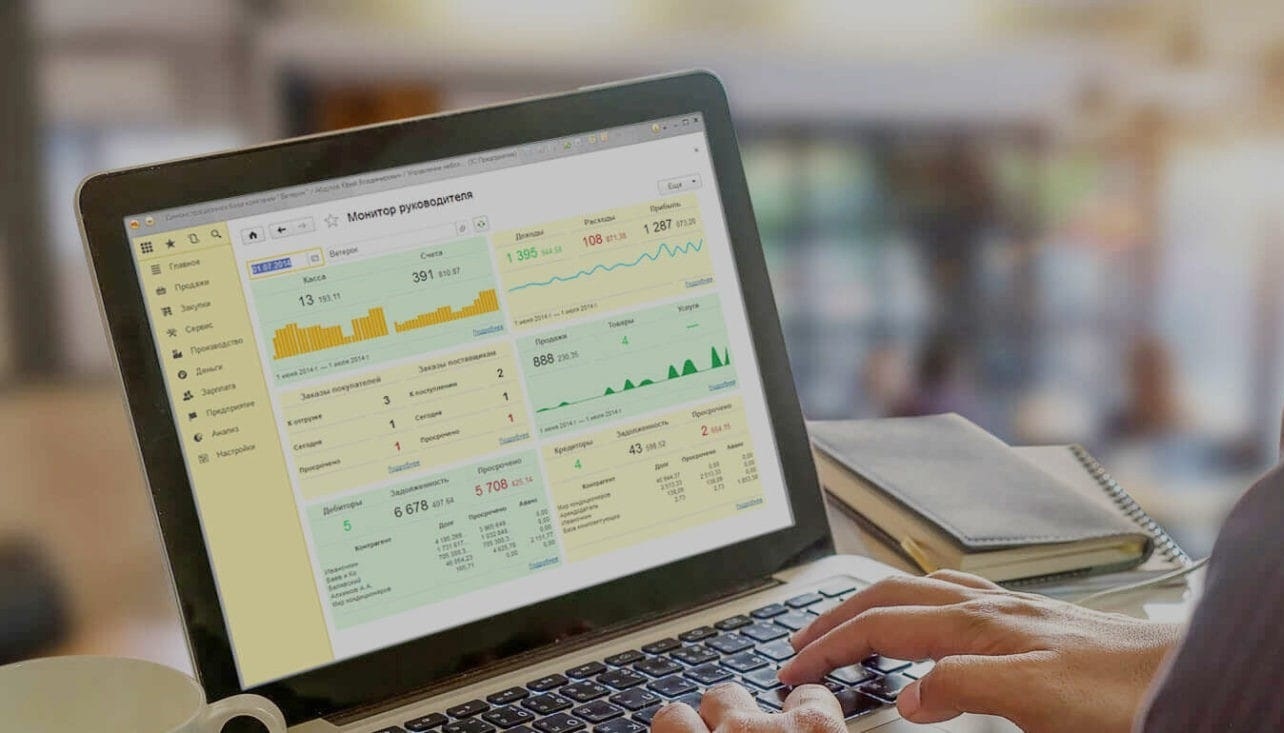
A CRM system for business is software without which the development and scaling of a company is impossible. A program for automating processes and relationships with clients covers almost all business tasks. The correct choice of system gives the company a competitive advantage, eliminates routine and helps improve the level of service.
Why does a business need a CRM system?
The program helps solve key business problems, namely:
- automate sales at all stages
- set up production processes
- delegate tasks and track their implementation
- control the level of service and the work of personnel in general
- use marketing tools
- analyze the company's performance results
- simplify document flow
This is not a complete list of tasks; there may be more, depending on the industry and the specifics of the business.
Key Features
Basic set of CRM functions:
- Database. The program stores personal data of clients, the history of transactions and all interactions with the company, as well as information about the actions of employees, reports and documents
- Task tracker. Allows you to create and distribute tasks, record their completion time, assign planned indicators, monitor work results and determine employee KPIs
- Marketing tools. Necessary for demand analytics, management of advertising campaigns and promotion channels
- Sales funnel. Each transaction goes through several stages - the change in status is registered in the system. Thanks to the visibility of the funnel, managers understand what actions need to be taken and at what stages deals most often fail
- Document flow. Built-in adaptive templates help you create and edit documents, and the autofill function significantly speeds up your work by loading data from the database.
- Integrations. Popular CRMs are compatible with accounting software, call tracking, analytical services, popular instant messengers and social networks. The more integrations, the higher the chances of including all the company’s software in a single network.
- Analytics. The program keeps statistics on business performance and allows you to display reports on the screen in a few clicks. Based on the information, the company adjusts its development strategy.
How to implement a CRM system in business
To begin, analyze the business processes of the enterprise and identify the tasks that need to be automated. Include routine data processing, mailings, and paperwork that take up specialists’ time. Survey staff to find out which tasks are the most time-consuming.
Choose a system with this in mind. Pay attention to the basic and additional functions, as well as the following factors:
- number and content of modules
- interface adaptability
- built-in and integrated tools
- availability of data access levels
- supported communication channels
- quality of technical support
- duration of the test period
- price
Use the services of a CRM implementation team - partners have more experience and resources for customization. They will launch the system in your company, modify its capabilities to suit the specifics of your business, and train employees.
Warn employees about the implementation of CRM: explain what benefits each employee will receive. Notify clients, suppliers and partners about new operating rules.
At the test launch stage, make sure that your specialists are confident in the program. After debugging all working mechanisms, fully implement CRM.
How to evaluate effectiveness
The easiest way to understand whether an investment in new software has been worth it is to measure the indicators before and after implementing CRM.
- Collect data on the sales department one month, three and six months after implementing CRM and compare it with data at the start. If the time frame for closing deals has decreased and there are fewer refusals, this indicates success
- Evaluate the conversion and compare it with the initial one. Typically, growth will be obvious. Moreover, you won’t have to master cumbersome systems like Google Analytics or Yandex.Metrica. All conversion analytics are available in one place. Manual data entry is also not required
- Compare marketing costs before and after the system is launched. CRM allows you to segment customers and highlight effective channels for promotion. Use these opportunities to spend your budget wisely. Strengthen your work with the most profitable consumer groups and choose channels with high efficiency for promotion
- Calculate the churn rate. It will show how often customers leave you. Using CRM, you can influence this metric: personalize mailings based on previous orders; collect customer feedback; analyze weaknesses in the sales funnel. Correct the shortcomings and there will be fewer refusals to cooperate
These are not all the actions that will help evaluate the effectiveness of CRM. After the system is launched, the company’s other indicators also change. Compare in different periods:
- percentage of closed transactions
- number of new and regular customers
- level of customer loyalty
- trade turnover
- profit
If there is growth, we can talk about the successful integration of CRM into your business.
Briefly about the main thing
- CRM for business automates the work of all departments and helps improve communication with clients
- The program assigns tasks and tracks their completion, keeps records of clients, collects statistics and draws up documents
- The effectiveness of CRM implementation is indicated by an increase in the company's profitability
- Enterprises with non-standard business processes will benefit from a flexible CRM with the ability to add additional functions






